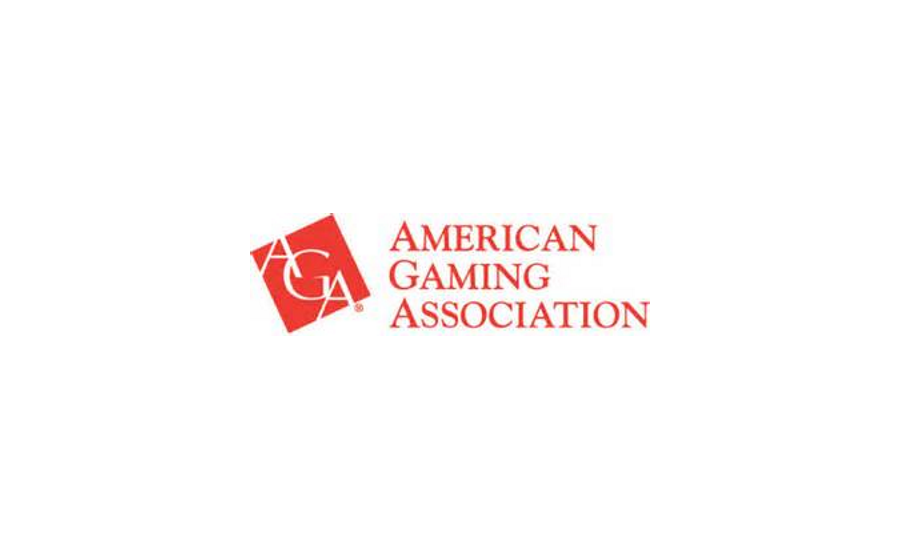To commemorate the beginning of Responsible Gaming Education Week (RGEW), the American Gaming Association (AGA) activated the enforcement process associated with its Responsible Marketing Code for Sports Wagering. The self-regulated, industry-wide program will be overseen by a Code Compliance Review Board, consisting of two independent co-chairs and five AGA member representatives:
- Joe Bertolone, executive director, UNLV International Center for Gaming Regulation (co-chair)
- Becky Harris, distinguished fellow in gaming, UNLV International Gaming Institute (co-chair)
- Laura McAllister Cox, vice president of regulatory compliance & legal counsel, Rush Street Gaming
- Stephen Martino, senior vice president and chief compliance officer, MGM Resorts International
- Sharon Otterman, chief marketing officer, William Hill
- Paul Pellizzari, vice president, global social responsibility, Hard Rock
- Chris Soriano, vice president and chief compliance officer, Penn National Gaming
The Responsible Marketing Code for Sports Wagering includes self-imposed restrictions on target audiences, outlets, and materials branding, while mandating responsible gaming inclusion. The tenets of the code apply to traditional and digital media marketing activity for AGA members and non-members. Through the process recently launched, industry stakeholders and consumers can flag perceived non-compliance with the code via AmericanGaming.org.
“Responsible Gaming Education Week provides a perfect opportunity to launch this important initiative, holding everyone accountable to a standard set by responsible operators,” said AGA President and CEO Bill Miller. “By adhering to this code, U.S. sports betting operators are putting consumers first, and I’m thankful to the distinguished industry representatives on the compliance review board who will help raise the bar for the marketing of sports betting activity in the United States.”
AGA’s Responsible Marketing Code for Sports Wagering supplements individual companies’ existing responsible marketing activities and those adhered to by all AGA members through the Responsible Gaming Code of Conduct, which includes limitations on frequency of advertisements.
